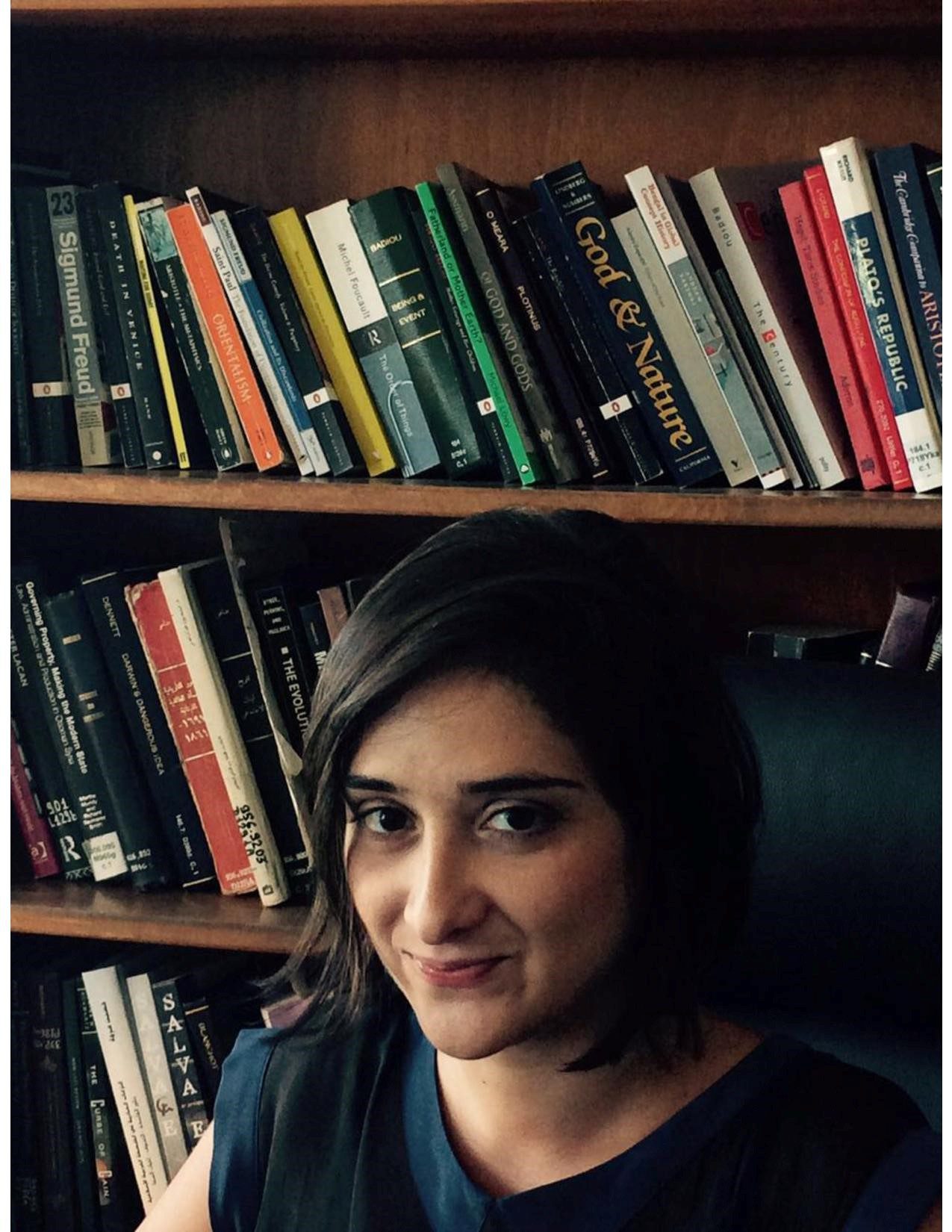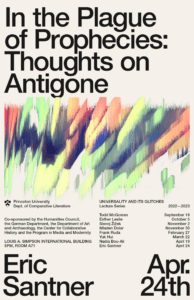
Universality and the Impotence of Discourse
Nadia Bou Ali, American University of Beirut
April 19, 2023 · 5:00 pm—7:00 pm · 300 Wallace Hall
Comparative Literature

There is a lot is at stake in how we make sense of the claim that we have never been modern. We can rail against modernity by either disavowing the premodern or idealizing it: both operations lead to unfortunate results. Psychoanalysis insists and persists within the cut that is instilled by modern science while creating a space for dealing with the failures of modernity to properly work through its own myth of progress. Theoretical psychoanalysis is full of cuts, splits, and breaks in almost all of its formulations (concept, discourse, sex, ontology…). The extimate space of the clinic is also sustained by the logic of the cut: scansion as interpretation, the short session, the minimal use of words, the search for an S1 or signifier to reset discourse and so on. The extimate space of the clinic questions the impasse of any moral or juridical system of values that claims universality. Moreover, The ‘discourse of the analyst’, as a theoretical and formal construct cuts against different modes of interpretation of the world (literary, philosophical, historical, moral, and political). In fact, Lacan’s own infamous ‘esoteric’ and mysterious language can be seen as an exercise of averting authority, constantly averting the ‘discourse of the master’ and the desire of the other. Co-incidentally but not un-relatedly, Leo Strauss employed a similar procedure in Persecution and the Art of Writing. Enigmatic writing for Strauss avows the political use of the lie, while for Lacan it is a way to expose the unconscious lie of the subject. There is a very fine line between the modern political use of the lie and a practice that is tethered to a conception of the truth as incomplete. This practice is best captured in description of the role of the analyst as a: “pouvoir ne pas pouvoir,” to be able not to be able, or a power that does not act with power, a power that withholds its power to act. A power that cannot act, without a potentia, but that claims to institute the space for a transformative act. Is to be able to not be able a sign of universal helpessness or strength in the face of the absence of the Other? How can the recognition of the impotence of discourse and the incompleteness of truth be a universality?
Nadia Bou Ali is Associate Professor and Director of the Civilization Studies Program at the American University of Beirut. Her research is focused on modern Arab thought and literature, critical theory, and psychoanalysis. She is the author of Hall of Mirrors: Psychoanalysis and the Love of Arabic (Edinburgh University Press, 2020). She has co-edited Lacan contra Foucault: subjectivity, sex, and politics (Bloomsbury, 2019 ) and more recently Extimacy (forthcoming with Northwestern University Press). She is editing and introducing the first English translation of Mahdi Amel’s theoretical works for Historical Materialism, Brill. Nadia is currently writing a book entitled Structure and Form: the afterlives of Marx and Freud in Arabic (under contract with Verso)
Co-sponsored by the Humanities Council, the German Department, the Department of Philosophy, and the Department of Near Eastern Studies
















